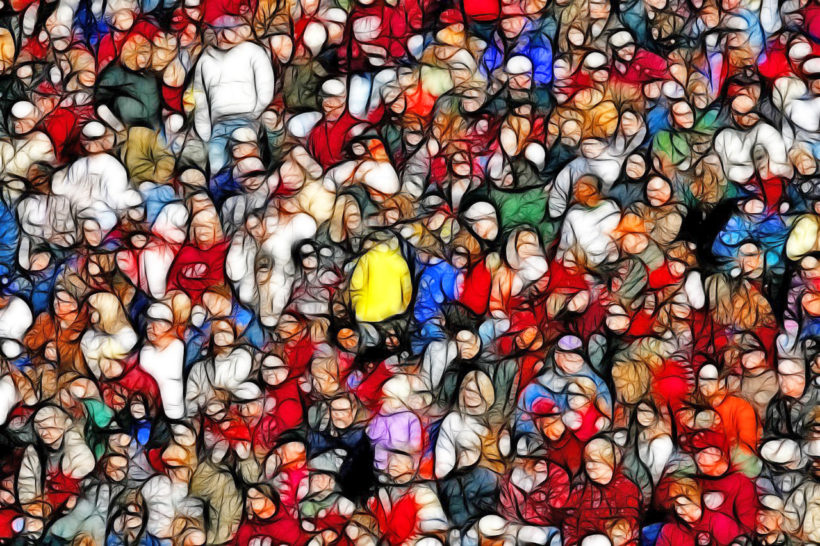Global challenges and pathologies (climate change, the destruction of the shared biosphere, poverty and unequal distribution of wealth, profit-orientation, authoritarianism, gender inequality, racism, and more) require worldwide networking and solutions, which, however, must not only be enforced at the global level, but also lived at the local level. What is widely missing is that the voices of (global) citizens are heard and have influence. There is an urgent need for democratization of global governance.
Since the founding of the United Nations (UN), there have been efforts to expand the UN to include a parliament. Over the decades there have been initiatives in this direction, e.g., the statement “For a Parliament of the Peoples of the World” to the parliamentarians and local elected officials round table at the dialogues for the earth conference organized by the International Green Cross and The Earth Council in Lyon (France) from February 21 to 23, 2002. More recently, there have been several other efforts in networks and concrete initiatives and tests, for example at the United Nations Framework Convention on Climate Change (COP) 21 (2015, in Paris) and at the COP26 (2021 in Glasgow).
Furthermore, there are initiatives for a parliamentary gathering on a global level, which are not so much looking for affiliation with the UN (but partly see possibilities for cooperation), some of which already have rather concrete plans. To name a few: Global Challenges Foundation, Great Transition Network, The World Assembly.
Also, the Multiconvergence of Global Networks (MRG) started a process to constitute a Planetary Citizens’ Parliament, “that would complement the organization of the United Nations with an organization of the United Peoples.”
Alain Caillé (International Convivialist Association) has laid out a rather ambitious plan for a Global Citizens’ Parliament with a bicameral model: A Council of Wisdoms and an Assembly of Planetary Citizens. The Council, as the head of the Parliament, is comprised of public intellectuals in the broader sense, who are valued for their wisdom, moral exemplarism, and servant leadership. It somewhat sets the agenda. The Parliament itself is comprised of citizens who are randomly sampled. It deliberates and decides on all matters.
This is an effort that is more akin to the grassroots movement approach. Instead of a centralized, top-down process, bottom-up thinking and experimentation is favored. The focus is on dialogue, deliberation, and understanding among each other. In this process the goal is somewhat already anticipated in a smaller scale. Perhaps corresponding to this is the concept of citizens’ councils, which are currently being founded in many places – at the regional level but also at the national level. They also follow a deliberative bottom-up approach. Lessons can be learned from their experiences, just as they can also represent networking partners.
MRG searched for and found other initiatives with similar objectives and now participates in an articulation of articulations called ADELANTE, which aims at cooperation, dialogue, and mutual support.
At the meeting on February 12, 2022, a short report will be given on which ideas and initiatives for a parliamentary gathering on a global level exist and how they fit together or could fit together. Some opportunities and challenges or obstacles will be identified.
Vornfeld, Oliver Johannes Manfred
oliver.vornfeld@uni-hamburg.de
All people interested in being part of this construction are welcome.
Saturday 02/12/2022
2:00 pm GMT / 9:00 am Washington / 5:00 pm addis Ababa / 7:30 pm New Delhi / 1:00 am Camberra
https://uri-org.zoom.us/j/87955369287?pwd=MVBobHlvdk1PS2c5cXdFSm9idFZvUT09
ID: 879 5536 9287 | Código: 997686
To access other articles published on this same subject, click here.










